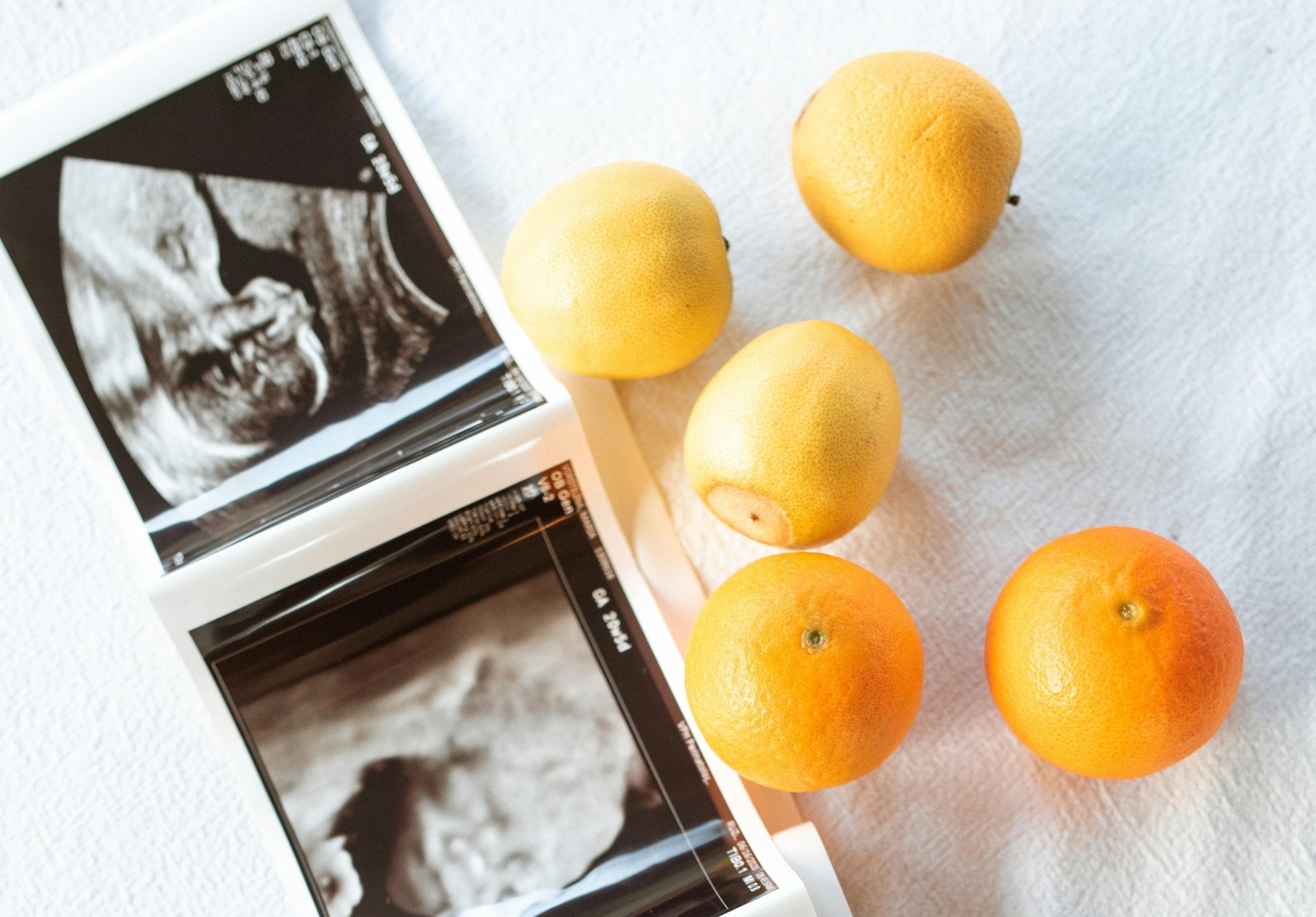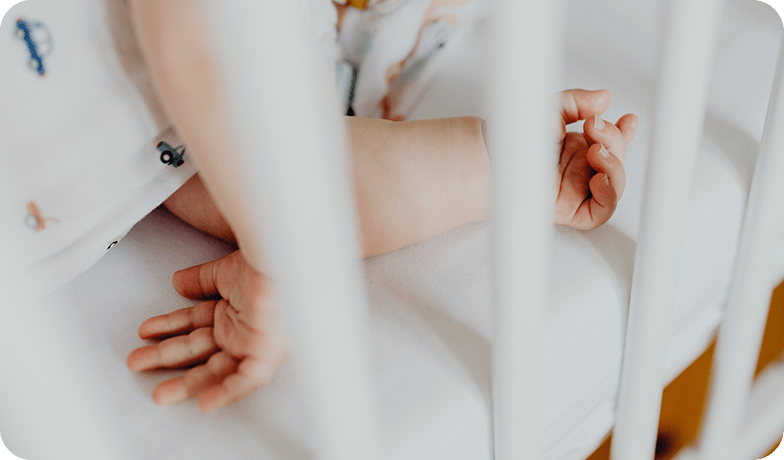
Proper nutrition during pregnancy ensures that your body has the nutrients it needs to perform its essential functions while also setting the stage for healthy development in your little one. What you eat matters just as much as what you say no to, even in the face of notorious and inexplicable pregnancy cravings.
Start with the essential nutrients
There are a few nutrients that will be especially important during pregnancy. Here are five to seek out:
1. Folate and folic acid
Folate and its synthetic version, folic acid, prevent neural tube defects. You can find it in leafy greens, legumes, and fortified cereals. Harbor’s infant care experts are fans of spinach smoothies and lentil soups as a way to get the folate you need.
2. Iron
Iron is the superhero of blood health. Boost your intake with lean meats, spinach, and iron-fortified cereals. Pair iron-rich foods with Vitamin C-rich foods, like oranges and strawberries, to improve absorption and get the most out of your meals.
3. Calcium
Increasing your calcium intake supports your bone health along with your little one’s. Dairy products, fortified plant-based milks, and leafy greens are all good sources of calcium.
4. Protein
Protein is the building block of every cell in your baby’s body. Choosing a variety of protein sources, like lean meats, beans, eggs, and tofu, provides you with well-rounded and well-balanced nutrients.
5. Omega-3 fatty acids
Healthy fats support baby’s brain development. Walnuts, chia seeds, and fatty fish like salmon can all be great sources of omega-3s.
Eat for energy
Pregnancy is a marathon, not a sprint. It’s normal to be tired at various stages of your pregnancy (you’re growing a baby, after all!). Eating well can help to boost your energy levels:
1. Choose smaller, more frequent meals
Eating smaller amounts every few hours can keep your blood sugar stable and fend off nausea. Greek yogurt with berries, nuts, and whole-grain crackers are all great options!
2. Stay hydrated
Carry a water bottle with you at all times and drink throughout the day. Staying hydrated helps with everything from energy to digestive health.
3. Balance your plate
Include complex carbohydrates, protein, and healthy fats in every meal. A great breakfast might look like whole-grain toast with avocado and fruit on the side.
Navigating cravings and aversions
Pregnancy cravings, and their opposite, pregnancy aversions, are a rollercoaster. Here’s how to handle them:
1. Indulge smartly
Ice cream is a common pregnancy craving. Don’t deny yourself the joy of a scoop or two at the end of the day, but consider options with added nutrients. Harbor’s infant care experts like Greek yogurt-based ice creams, for example!
2. Swap things out
If you’re experiencing aversions to certain foods, look for alternatives that offer similar nutrients. If you can’t stomach chicken, turn to beans, lentils, or eggs for protein.
3. Listen to your body
While pregnancy cravings can feel inexplicable, they can also signal nutritional gaps. Listen to your body and try to keep your choices healthy.
Supplements are a safety net
In addition to maintaining a balanced diet, supplements can help to fill the gaps in your nutrition. Prenatal vitamins ensure that you and your baby get the folic acid, iron, and DHA (that’s docosahexaenoic acid, an omega-3 fatty acid) you need. As always, check with your doctor before starting any new medications or supplements.
What to avoid
Some foods are best avoided during pregnancy, as they can make you sick and adversely affect your little one. Learn more about other foods to avoid during pregnancy from the CDC.
1. Mercury-rich fish
Steer clear of big fish that are known to have high levels of mercury, like shark, swordfish, and king mackerel. Smaller fish like salmon, sardines, and trout are better options.
2. Unpasteurized dairy
Skip unpasteurized dairy products to avoid exposing yourself to bacteria like listeria.
3. Raw and undercooked foods
If you’re eating fish, meat, and eggs, make sure everything is fully cooked. Raw or undercooked meats can come with a risk of foodborne illness.
4. Deli meats
Avoid eating deli meats, smoked seafood, and hotdogs while pregnant, as the nitrates they contain may have adverse effects on your growing baby.
5. Raw sprouts
Raw alfalfa, clover, radish, and mung bean sprouts are best avoided during pregnancy.
6. Excessive caffeine
One 12-ounce cup of coffee per day is fine, but any more than that can have adverse effects.
7. Alcohol
There is no safe level of alcohol that you can consume during pregnancy.
Eat well and enjoy the journey
Embrace the changes that come with pregnancy as best you can. Nourishing your body as you eat for two builds a solid foundation for baby’s health and well-being. At Harbor, our infant care experts are here to support you at every step of the journey (and even share our favorite pregnancy-safe recipes!).




